Who are the people who spoiled their ballot and why?
Ireland Thinks’ polling-day exit poll offers a sharp snapshot of not just the presidential vote, but today’s electorate. One standout figure is the 13% who spoiled their vote. This is an exceptionally high rate by not just Irish standards and but by international historic records. It deserves closer scrutiny.
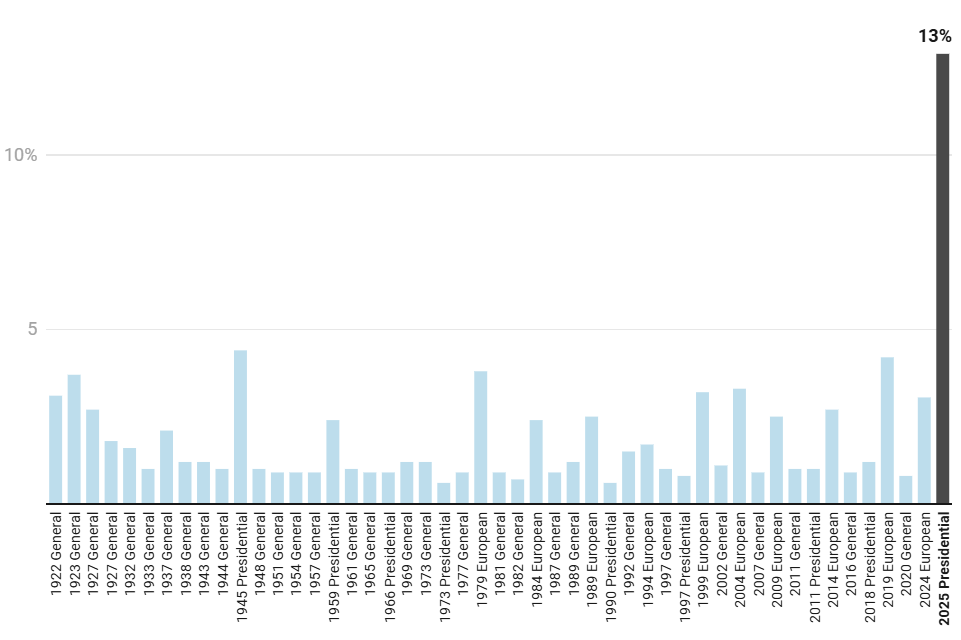
Why did they do this?
Our poll asked voters, including those who spoiled their vote, to explain why they made their choice. Rather than giving a closed list of options, we fielded an open-ended question allowing respondents to type in whatever rationale they used in making their choice. This is, to my mind the fairest way of allowing voters to express themselves.
I’ve then classified these open ended sentences into 6categories: ‘Lack of choice/didn’t like the candidates’; ‘Undemocratic process’; ‘General spoiled ballot statement’; ‘Protest/Anti-Government’; ‘Support for excluded candidate (principally Maria Steen)’; and ‘Frustration/election Farce’.
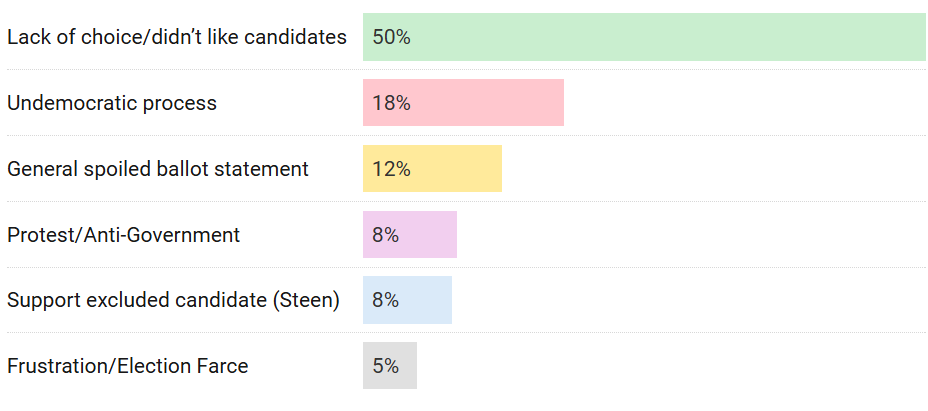
A proportional representation of those statements are given below. There is, of course, considerable thematic overlap between these categories. Anti-government rhetoric often references an undemocratic process, which in turn is a reflection of the lack of choice, which naturally intersects with mentions of excluded candidates (e.g. Maria Steen).
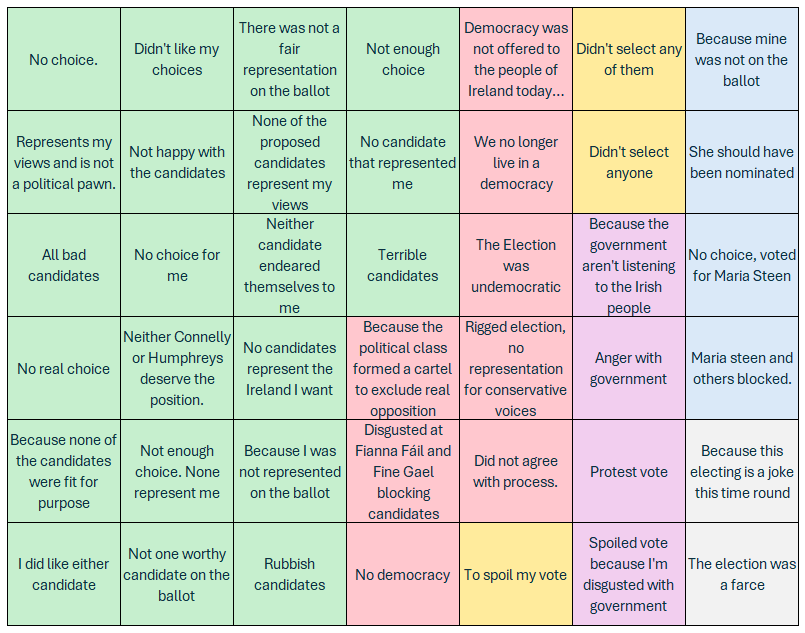
Academic work echoes this: studies by (Solvak and Vassil (2015) and Silva and Crisp, 2021) highlight how a perceived lack of choice among voters who are otherwise engaged with the democratic process, drives much of this behaviour.
The key part of this is that these are voters who tend to vote, but feel that they heve no option. One other election with an enormous share of invalid votes was the 2017 French Presidential election. French presidential elections prior to that would involve a contest between the Gaullist Centre Right and the Socialist Party. In 2017 neither parties were involved and 11.5% issued a blank or invalid vote.
We also asked a closed form question: was it because the candidates didn’t represent their views, or because the available options simply weren’t good enough? This gets closer to whether the act was dissatisfaction with choice or a structural ideological gap between voters’ beliefs and the ballot.
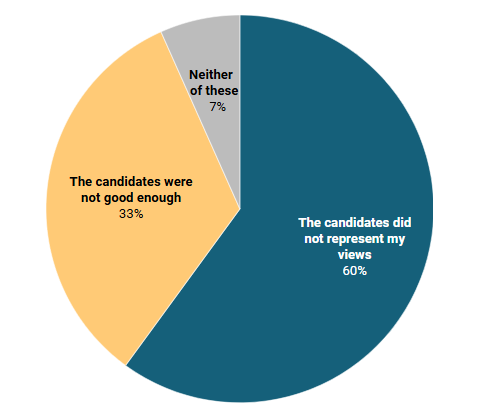
A large share argued the candidates did not reflect their views. This naturally invites the question as to which views are not being reflected. When we split these responses according to the left–right self-placement of voters, those voters lean markedly to the right of the spectrum.

Late on in the campaign Maria Steen had become the most high profile candidate who failed to get on the ballot. As such, when we asked which candidate those who spoiled their ballot would have voted for, it is perhaps unsurprising that she was by far and away the most popular choice. Indeed, as above many respondents made a specific reference to her in the open ended text.
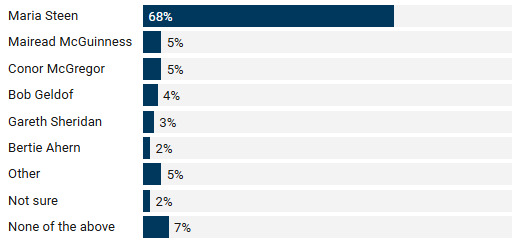
Who are they?
There are a number of ways to explore who these voters are. In recognition of the fact that these are voters who are normally engaged with the political process we first look at their vote at the 2024 general election.
Those who spoiled their vote naturally tended to support groups to the right of Fianna Fáil and Fine Gael. In fact, what is interesting is that very few Fianna Fáil or Fine Gael voters spoiled their ballot (those in this group who were unsatisfied with the options tended to vote for Jim Gavin principally as another form of ‘protest’ or ‘joke’). While some will focus on the ‘Other Right’ here (those who support the National Party, Irish Freedom Party etc.), that bloc is a very small share of the 2024 vote. In aggregate, the largest groups who spoiled were people who had voted for Independents, Aontú and Sinn Féin at the 2024 election.
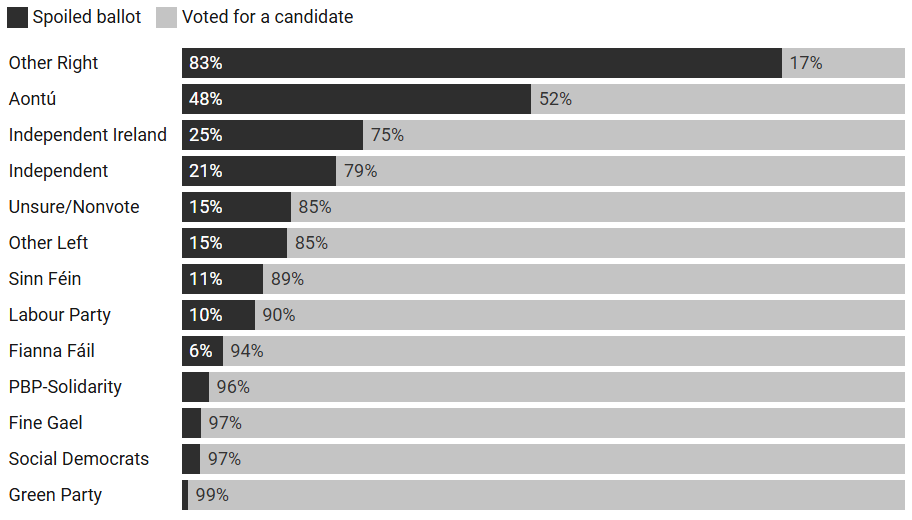
The act of spoiling your ballot was common among people who were middle aged, but particualrly common among young men. The emergence of a radical conservative younger male voter is consistent with a broader and well documented left-right divergence among younger men and younger women in many politices, as per John’s work.
That all said, it would be wrong to characterise this as ‘young men are far right and young women are far left’ as this is often simplified, young men were still far more likely to support Catherine Connolly than any other option.
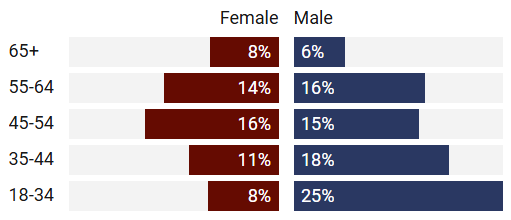
I’ll write much more more extensively on this divergence on another occasion. But to leave it with one observation often missing from the discussion. Disaffection with the political system among young men is not new, in the early 2000s some of this was channeled towards support for fringe entities such as the BNP, Front National and Jobbik. In recent years however, this disaffection has spread from young working class men to include many young middle class men.
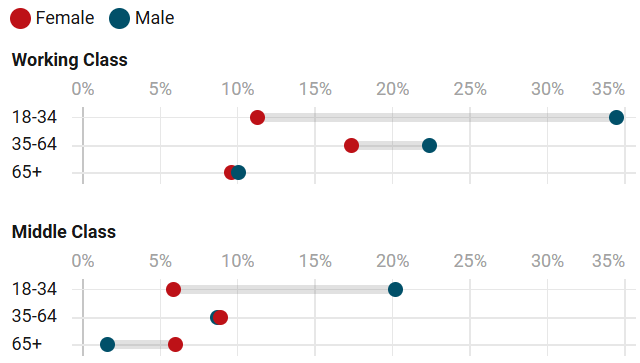
The spoiled vote campaign was also one driven by online engagement, particualrly X, as cited from one of their campaign’s proponents. Of those who had been on X within 24 hours of voting, 21% spoiled their vote. TikTok also influential in this regard.
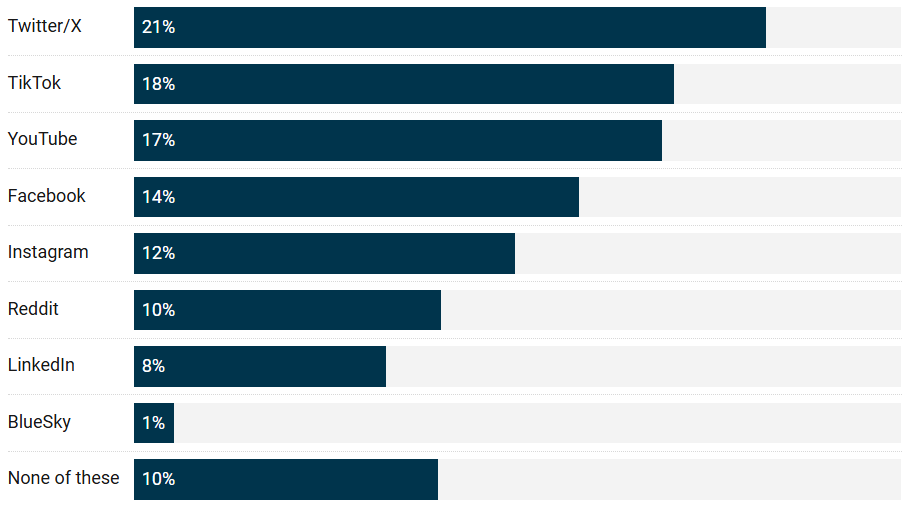
These voters are clearly disaffected with the political system and generally believe that the economy is pointing downwards. Asked to reflect about the economy they overwhelmingly thought that the country was worse off compared to one year previously.
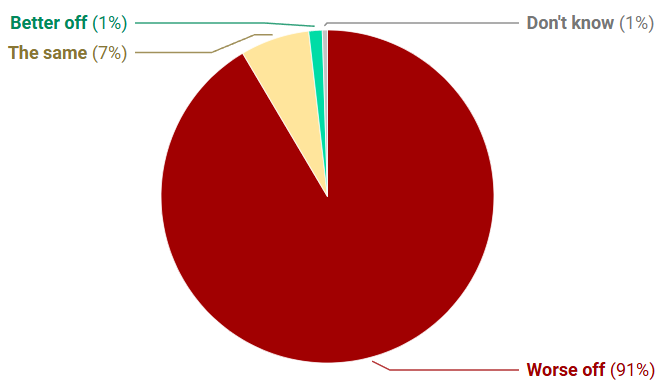
One other thing this group has in common with Connolly voters is an underlying belief that the President should regularly criticise the sitting government. While constitutional scholars will have their own view on this sentiment, this is clearly a reflection of the feeling of a democratic deficit felt by those who spoiled their vote. Arguably, with no election in sight for the next four years there is little else in our system that limits the power of the executive: backbench government TDs, the opposition, the Seanad and the office of the president all have very limited influence.
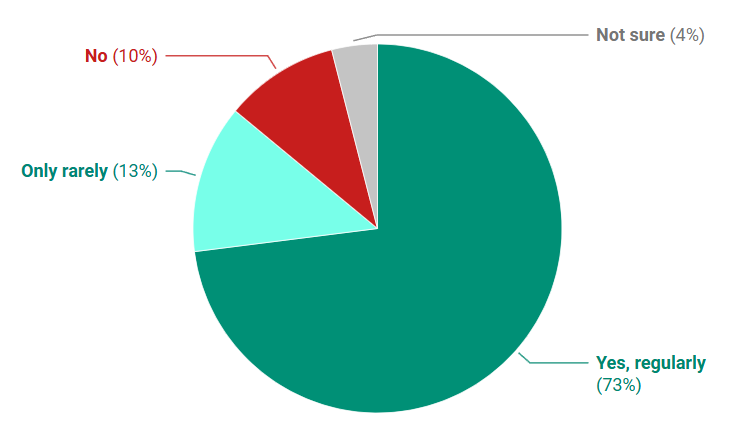
These voters have also had limited impact thus far. At last year’s general election, first-preference vote shares shifted noticeably to the right, but that surge did not translate into a comparable increase in seats. While the emergence of Independent Ireland complicates the picture, the core issue remains: fragmentation among smaller right wing candidates, combined with transfer patterns and organisational weaknesses, produced a seat-conversion inefficiency that limited their overall impact on the outcome.
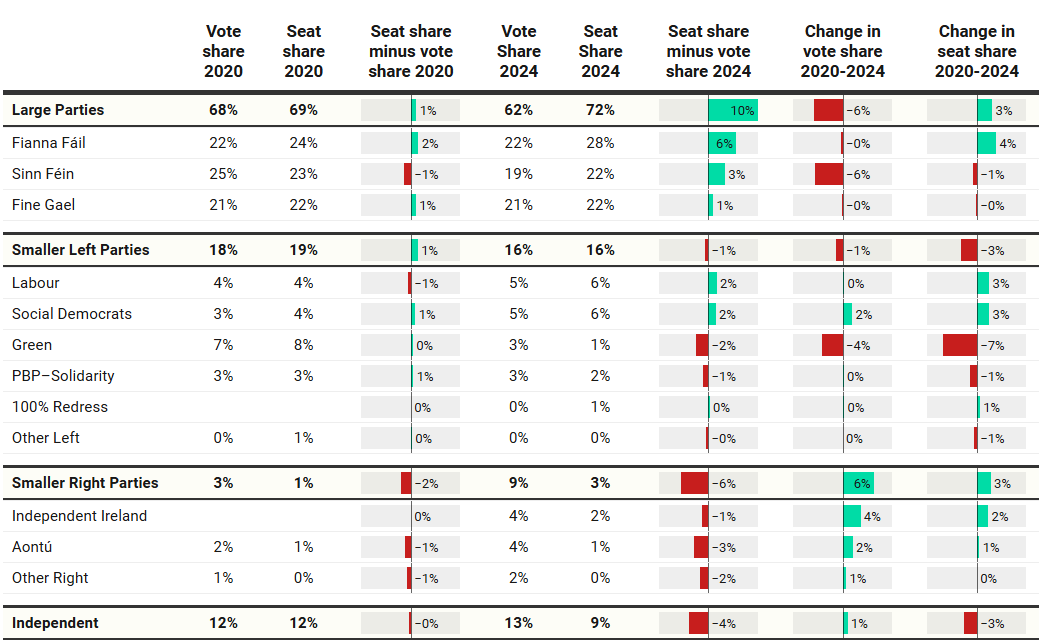
What this means (and what it doesn’t)
A spoiled ballot at this scale isn’t apathy, it reflects agency without a landing place. The voters doing it here were sufficiently engaged and motivated to turn up merely to be counted. They are clearly more more right-leaning than the electorate overall, and animated by a belief that the field wasn’t genuinely open. That doesn’t automatically translate into growth for the radical right, but it does suggest that the time when this type of voter was apathetic is now past. Their rapid convergence on Maria Steen, followed by spoiling their vote, reveals that these voters are in search of a banner to gather under. They are disproportionately male and younger. Yet, when these voters are offered a credible option in the future they’ll almost certainly turn up and vote for it.
Member discussion